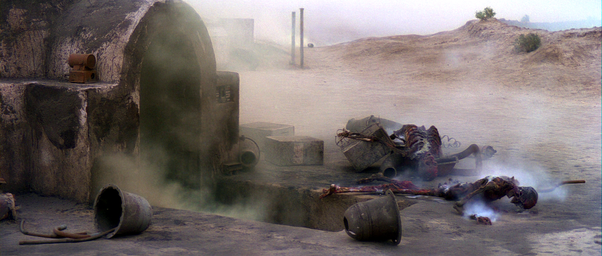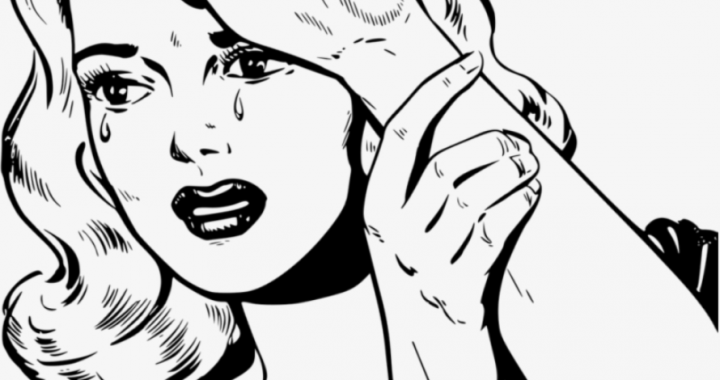I did not reflect on the last chapter, because it was essentially a recap. So quickly let us recap.
According to Mr Ed, all good beginnings have, to various degrees, the following:
Backstory (or events before the book)
Setup (events leading up to the start of the story)
Inciting incident (not always page 1, but literarily the start of the story)
Surface problem (the trouble we see in the inciting incident)
Story-worthy problem (what the trouble symbolizes for the protagonist, or his larger world)
The difference between the last two, or rather their connection, completely fascinates me. It is what I am most taking away from this Hooked book so far. In the past, I just thought a story happened and conflict arose and then it went away with a victory at the end. But of course not. The trouble we see signals an underlying issue, always. At least in great stories.
If you lose your wallet one night, then that’s just a problem. Even if you lose your wallet every weekend, that’s just a situation. But if you are someone who doesn’t understand the value of money, then it will take a serious inciting incident to get you to be more careful. In this case maybe your wife asks you to hold her purse while she picks up your baby from the stroller. In the meantime, a thief comes and snatches your wife’s purse right from your hands. You watch the napper sprint away, in shock as you stand there. “What the fuck!” your wife yells. “Why didn’t you do anything?” You start to wonder yourself. You spend the entire night wondering how you have let money and possessions fly by you. And now? You realize you have a serious problem. There is no going back — you stalk the place where you were until you find the criminal (surface problem). But really you just want to prove that you appreciate the value of money (story-worthy problem).
. . .
One key note is that a lot of bad stuff can happen, but unless the protagonist takes responsibility, then there is only a situation. Consider in Star Wars. The first couple of scenes is all setup. The empire is taking over the galaxy. Only an old guy in the desert gives hope to the rebellion. There’s a kid who promises to be the hero though. But nah, he really doesn’t care, or cares a bit, but there’s no reason to care about the rest of the galaxy. He lives in the middle of nowhere, at the edge. It isn’t until the empire murders his aunt and uncle that the fate of the galaxy becomes personal. Without a doubt, after that inciting incident, there is no going back. Luke gains that small bit of resentment which will challenge him in the final episode, but mostly in this opening movie, Luke accepts that he is the promise of the galaxy. The rest, as they say, is history.
Because I am me, and anyone who knows me knows I do this: there is a deeper layer which Mr Ed doesn’t talk about, and it’s something I would like to call the Problem of Problems, which every connects all great stories. For Star Wars, like for any story, there is a problem that lies underneath even the story-worthy problem. When I look at this blog post’s image, with the murdered aunt and uncle, I see the surface problem (Luke must journey with Obi Wan), I see the story-worthy problem (The fate of the galaxy hangs on one man who cannot ignore destiny), but I also see the Problem of Problems which goes beyond the story itself, because it deals with real life: the fate of everyone around you depends on you fulfilling your maximum potential. Until Luke takes off that missile assistant from his face, in order to trust the force of the universe, he doubts, he doesn’t fulfill his potential. But when Hans Solo comes in out of nowhere, when a small rebel unit manages to break through the Death Star’s defenses, and again when Luke trusts the voice of his mentor, boom, boom, he fires into that massive death machine, and saves the galaxy. All because he, and everyone around him, did everything they could.
Just imagine the opposite! If you don’t pull your own weight, then the whole world suffers for you. Someone else has to carry your load. You become dead weight. But if you lift yourself up, if you do your best, if you believe that you are the chosen one (please see: all stories) especially if you do that in the name of Good, then everyone around you will benefit for Good.
All that’s left is to put a few more examples, since that’s what Mr Ed asks of us in Chapter Five. He says pick another story or two, and analyze how those core elements play out at the beginning, including the goals to those problems. In addition to these, I’ll include the problem of problems, just to say what I learned about myself and about life by reading these books.
. . .
Beartown (2016)
Backstory: there is backstory, but it isn’t revealed in the beginning
Setup: Beartown is a small locality in the middle of the woods, obsessed with one thing: hockey; everyone has different motivations for loving the sport, but there seem to be two conflicting goals (to prove something to someone, or just because hockey is the spirit of the town)
Inciting incident: Peter, the new general manager of the club, is instructed to fire his mentor, who will be replaced by a newer, younger coach, himself ruthless, and narrow-minded
Surface problem: Peter cannot bring himself to fire his mentor, the man who brought him up, who encouraged him, who got him into the NFL, not only because Peter feels like a weak man, but also he is unable to resist the larger forces of society (the hockey club) or even his personal relationships (the new coach, meant to replace the old mentor, hates his guts)
Surface goal: to put off having to confront anyone, even his mentor about firing him (clearly a shitty goal)
Story-worthy problem: Peter represents the old ways of things, just like his mentor, of playing with heart, of playing hockey because hockey is Beartown, not because you need to prove something to someone — yet the whole town has lost its moral compass, only caring about one thing, “to win,” naturally at all costs, symbolized by the forces of evil in the town, which naturally do some evil things
Surface goal: the forces of evil must be balanced by the forces of goal; eventually the ruthless coach, and his most narrow-minded players leave Beartown, for good . . . the town finds its literal balance when it starts up a girls’ hockey team, alongside its boys’ team, because it turns out that having a hockey team, just for the sake of having a hockey team, helps give the town’s girls a sense of identity
Problem of problems: When all your care about is one thing, without considering the broader impact of your actions, you become corrupt, deceitful, cunning, obsessed
Solution to the problem of problems: Speaking the truth, right action, and resisting the forces of evil will eventually and always push them out of your life, your town
. . .
The Goldfinch (2014)
Backstory: Theo was caught with his friend smoking between classes and suspended, even though Theo himself wasn’t smoking, just at the wrong place at the wrong time
Setup: Theo is a single child to a single mother; she is a genuinely wonderful person, who everyone appreciates, except for her ex-husband (Theo’s dad) who is a good for nothing thief, cheat, drunk and a liar; what makes Theo’s suspension all the worse is that he feels he is giving his mother more grief than she deserves
Inciting incident: Because the mother wants to defend her son against the decision to suspend him, she walks him to school the next day, to have a meeting; but being early, so they stop at the city museum, to see her favorite painting. BOOM! The museum blows up, for no other reason than a right-wing terrorist group wanted to send a message to the city’s politicians; again, Theo is at the wrong place at the wrong time, only this time he loses his mother, who doesn’t survive the explosion
Surface problem: Theo, a young teen, has lost his mother, his life, becomes an orphan, and has no way of turning back time, of erasing the guilt of putting his mother through grief, forever
Surface goal: Because Theo survives the explosion, he manages to run out of the museum with that very portrait which his mother had wanted to see — by preserving that portrait, even though he knows he stole it, he feels he can keep some small part of her alive
Story-worthy problem: Theo responds to the loss of his mother, his orphanage, his return to his alcoholic father, by resisting to grow up, doing copious amounts of drugs, and swindling people for their money
Story-worthy goal: Theo befriends the right people here and there who each help him move on with his life, while the rest are blood suckers or villains; knowing who to trust and how to protect that sacred image of his mother become his salvation, his way of pulling himself out of the wreckage of that museum metaphysically and for good
Problem of problems: Growing up is a bitch, basically a series of losses, every year growing older and losing bits and pieces of yourself, as well as bits and pieces of those around you — the “you never can go back home” problem
Solution to the problem of problems: the pain, sorrow, and suffering of growing older can only be compensated by maturity and acceptance and forgiveness (all traits of an adult) which gives gives a boy man-strength, and a girl woman-strength . . . in the end we all lose our mother, it’s part of maturing, something which can teach us the value of life, of gratitude, of honoring them, in order to pass the love forward to the next generation




